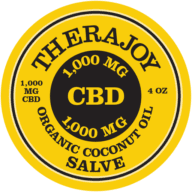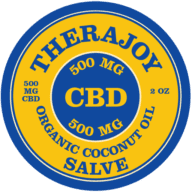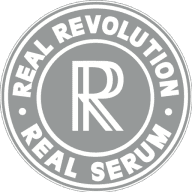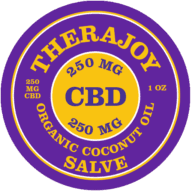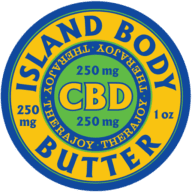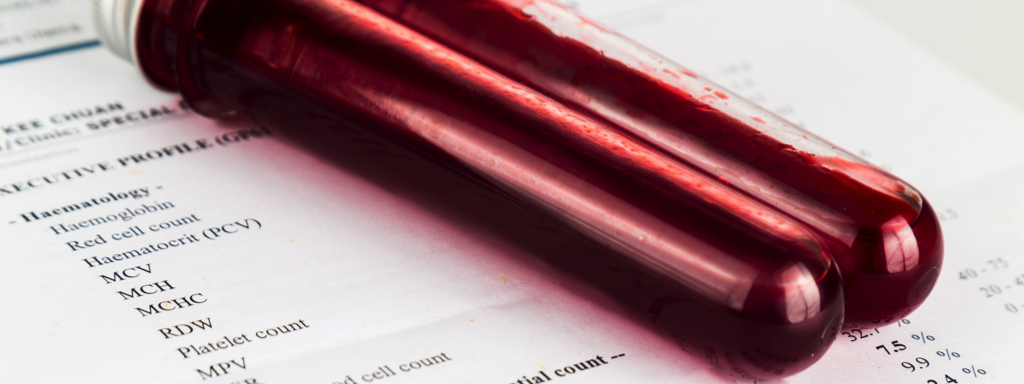
Summary:
Many prospective CBD users are concerned about drug testing, including pre-employment drug-testing. While both CBD and THC comes from the same place, they are different substances and will react differently to drug tests. To test for marijuana use, a Cannabinoid Screen and Confirmation (Urine) may be used. Will CBD show up on a Cannabinoid Screen?
In this article, we discuss drug testing, pre-employment drug screening, marijuana-specific drug screening, what CBD is, CBD vs. THC, false positives with CBD, and 100% safe CBD products.
Will Using CBD Make Me Test Positive On A Drug Test?

Many prospective CBD users are concerned about drug testing, including pre-employment drug-testing. They are concerned that prolonged use or heavy use of CBD products may test as a false positive on standard drug tests.
Drug Testing
What is drug testing?
A drug test looks for the presence of one or more illegal or prescription drugs in your urine, blood, saliva, hair, or sweat. Urine testing is the most common type of drug screening. The drugs most often tested for include:
- Marijuana
- Opioids, such as heroin, codeine, oxycodone, morphine, hydrocodone, and fentanyl
- Amphetamines, including methamphetamine
- Cocaine
- Steroids
- Barbiturates, such as phenobarbital and secobarbital
- Phencyclidine (PCP)
Pre-employment Drug Screening
One of the most common types of drug testing is the pre-employment drug screen.
As part of the application process, job applicants may be required to be screened for drug and alcohol use. Depending on state law and company policy, employers may do this prior to making a job offer or as a contingency for an offer. Employees may be tested for drugs or alcohol in the workplace, where permitted by state law.
There are a variety of employment-related drug and alcohol tests used by employers. The types of drug tests that show the presence of drugs or alcohol include urine drug tests, blood drug tests, hair drug tests, breath alcohol tests, saliva drug screens, and sweat drug screens.

The “Marijuana” Drug Test
To test for marijuana use, a Cannabinoid Screen and Confirmation (Urine) may be used. This test is sometimes called a marijuana screen, drug abuse screening test, DAST, marijuana drug test (urine), or drug abuse test.
This is a two-part urine test to look for delta-9-tetrahydrocannabinol, or THC. THC is the active ingredient in marijuana. The test can find out if THC or related chemicals from marijuana called metabolites are in your urine. The test is considered quite accurate. You may have to do the urine test in a healthcare provider’s office or with a technician present.

What Is CBD?
What is CBD or cannabidiol?
CBD oil is botanical oil made from the stalks and seeds of cannabis plants that are naturally abundant in CBD and low in THC, such as hemp. A specialized extraction process is used to yield highly concentrated CBD oil that also contains highly nutritious elements, including omega-3 fatty acids, vitamins, minerals, terpenes, chlorophyll, and amino acids.
CBD hemp oil is different from hemp oil found in most grocery and health food markets, which are likely created using hemp seed oil and contain only trace amounts of CBD. While nutritious, hemp seed products contain extremely low levels of CBD per weight, making them inadequate for those seeking CBD’s balancing effects.
As the demand for CBD hemp oil has grown over recent years, the market has responded by developing new types of CBD hemp oil products. There are now dozens of different types of CBD hemp oil products on the market. Pure CBD oil, which can be taken on its own, is now available as capsules, drops, tinctures, liquids, and even chewing gum.
For patients who are interested in avoiding even trace levels of THC found in most CBD hemp oil products, zero-THC CBD hemp oil products have recently become available in most major markets.

CBD Vs. THC
While both CBD and THC comes from the same place, they aren’t the same thing.
Despite their similar chemical structures, CBD and THC don’t have the same psychoactive effects. In fact, CBD is a nonpsychoactive compound. That means it doesn’t produce the “high” associated with THC.
THC binds with the cannabinoid 1 (CB1) receptors in the brain. It produces a high or sense of euphoria.
CBD binds very weakly, if at all, to CB1 receptors. In fact, it can interfere with the binding of THC and dampen the psychoactive effects.
False Positives With CBD
Fortunately, the urine drug screen for THC-COOH is known to have very little cross-reactivity to other cannabinoids that are not intoxicating, such as CBD (cannabidiol), CBG (cannabigerol), CBN (cannabinol), and others. This is good news for “normal” consumers of CBD/hemp oil.
That said, individuals using unusually large doses of a cannabinoid-rich hemp oil product (above 1000-2000 mg of hemp oil daily) could theoretically test positive during the initial urinary screen. Although very rare, the urine screen in these cases would likely represent a “false positive” due to other non-THC metabolites or compounds, which may cross-react with the immunoassay. When this is the case, the confirmatory GC/MS test would be negative, since CBD and other cannabinoids will not be detected by the more accurate (and specific) GC/MS screen.
Does Using CBD Hemp Oil Result in a Positive Drug Test for THC or Marijuana?
100% Safe CBD Products
To avoid any potential false positives with CBD products, we recommend using a CBD product with 0% THC content. Products like TheraJoy, which are made using CBD isolate, contain no THC. Without any THC, you can’t create the “false positive” condition, so you won’t fail a drug test.
At TheraJoy, we always use the finest quality ingredients in our line of CBD topical products. We use 99% pure CBD derived from medical grade, non-GMO hemp, sourced directly from Switzerland. TheraJoy offers purity you can trust, guaranteed. We are always organic, vegan, gluten-free, and kosher. To maximize the benefits of our products make them part of your daily regime.
Remember, always consult your doctor before you begin taking a supplement or make any changes to your existing medication and supplement routine. This blog post is not intended to be medical advice, but it is information you can use as a conversation-starter with your doctor at your next appointment.








